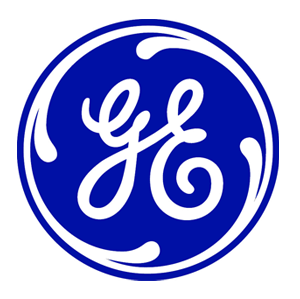Continued Efforts on Conflict Minerals

Continued Efforts on Conflict Minerals
With the advent of U.S. Securities and Exchange Commission reporting requirements for “conflict minerals”—tin, tantalum, tungsten and gold from the Democratic Republic of the Congo (DRC) whose trade often supports conflict and its attendant human rights abuses—GE’s long-standing efforts to mitigate this issue have moved into a new phase. Over the past several years, we have actively engaged with stakeholders, industry groups and governments to better understand the issues surrounding conflict minerals, and develop policies and practices consistent with our focus on human rights. Most recently, we have developed our supply-chain due-diligence program and are implementing it over the course of this year.
The Situation in the DRCThe situation in the DRC continues to change, and although there has been an increase in violence over the past year with the emergence of the M23, a new militant group, there have been signs of hope as one of the leaders of that group has turned himself in to be tried in the International Criminal Court, a UN and African Union-supervised regional peace agreement was recently signed, and the UN Group of Experts’ November 2012 report noted an overall improvement in security and decline in conflict financing in most major tin and tantalum mining areas. We hope that next year, as due diligence programs evolve and GE and other companies make our first reports to the SEC, we will be able to discuss progress on addressing the use of conflict minerals in supply chains as well as a progress in supporting stability, peace and economic empowerment in the DRC.
The supplier program builds on GE’s previous experiences and ongoing efforts. Since 2009, we have joined in multi-stakeholder dialogue about conflict minerals with nongovernment organization (NGO) campaigners, socially responsible investors and peer companies. We also have funded and participated in a range of programs addressing this issue. Several of these programs promote cross-industry due diligence, including:
- The Conflict Free Smelter Program (CFS), which certifies smelters that do not use conflict minerals;
- The Public Private Alliance for Responsible Minerals Trade, which supports projects to develop conflict-free mineral supply chains in the DRC; and
- The OECD downstream due diligence pilot, which involved nearly 30 companies in testing the implementation of the OECD Guidance for Responsible Supply Chains of Minerals from Conflict-Affected and High-Risk Areas.
The GE Foundation also works with NGOs directly on the ground in the DRC that strive to provide hands-on support to end the human rights violations. GE remains committed to working toward the elimination of conflict-supporting minerals in our products; while at the same time minimizing unintended consequences for legitimate miners and their dependents through these and other programs.
Our supplier program builds on this existing work, and is outlined in our newly released summary, GE’s Response to Conflict Minerals. The core objective of the program is to ensure that smelters and refiners in our supply chain are working to use verifiably conflict-free material. Because of the complexity of our business, we are realistic about what we can identify and control. The more direct our relationship with smelters and refiners of these materials is, the greater our ability to influence good sourcing decisions. We ask all suppliers who may provide us with materials that contain these minerals to develop a program to source them responsibly, and we particularly focus on working with key suppliers with whom we have the greatest influence. GE Business Units survey these suppliers, assess the risk of association with conflict minerals, and report information up to an executive-level program owner. We then analyze the information, and will use it to report on our efforts, improve our process and reduce the risk of using conflict minerals.
We recognize that company due diligence, or even ending trade in conflict minerals, will not end the conflict in the DRC or the human rights abuses and other problems associated with it. However, GE and the GE Foundation will continue to develop our process and expand our influence to support long-term change on critical issues such as poverty, child labor, gender inequality and environmental degradation related to these conflict minerals.

